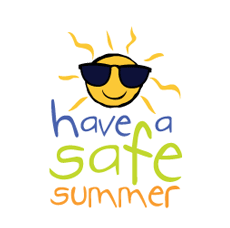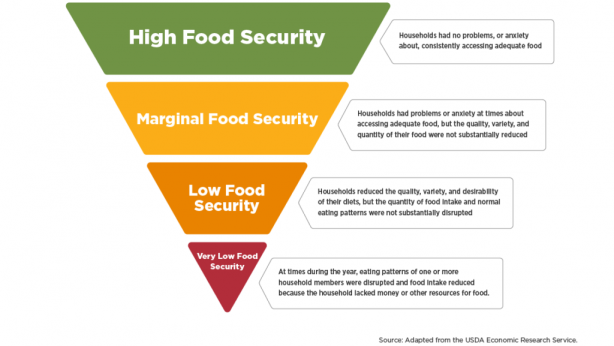Treating PTSD in Children
The initial goals of treatment for children with PTSD are as follows:
- Provide a safe environment
- Reassurance, emotional support and nurturance
- Attend to urgent medical needs if present
Psychological therapy for PTSD in children involves the following:
- Helping the child gain a sense of safety
- Addressing the multiple emotional and behavioral problems that can arise
Nonpharmacologic forms of therapy include the following:
-
Cognitive-behavioral therapy (CBT), especially trauma-focused CBT (TF-CBT)
-
Dialectical Behavior Therapy (DBT)
-
Relaxation techniques (eg, biofeedback, yoga, deep relaxation, self-hypnosis, or meditation; efficacy unproven)
-
Play therapy
In children who have persistent symptoms despite CBT or who need additional help with control of symptoms, pharmacologic treatment may be considered, as follows:
-
Selective serotonin reuptake inhibitors (SSRIs) – Medications of choice for managing anxiety, depression, avoidance behavior, and intrusive recollections; however, not specifically approved by the FDA for treatment of PTSD in the pediatric population
-
Beta blockers (eg, propranolol)
-
Alpha-adrenergic agonists (eg, guanfacine and clonidine)
-
Mood stabilizers (eg, carbamazepine and valproic acid)
-
Atypical antipsychotics (infrequently used)

